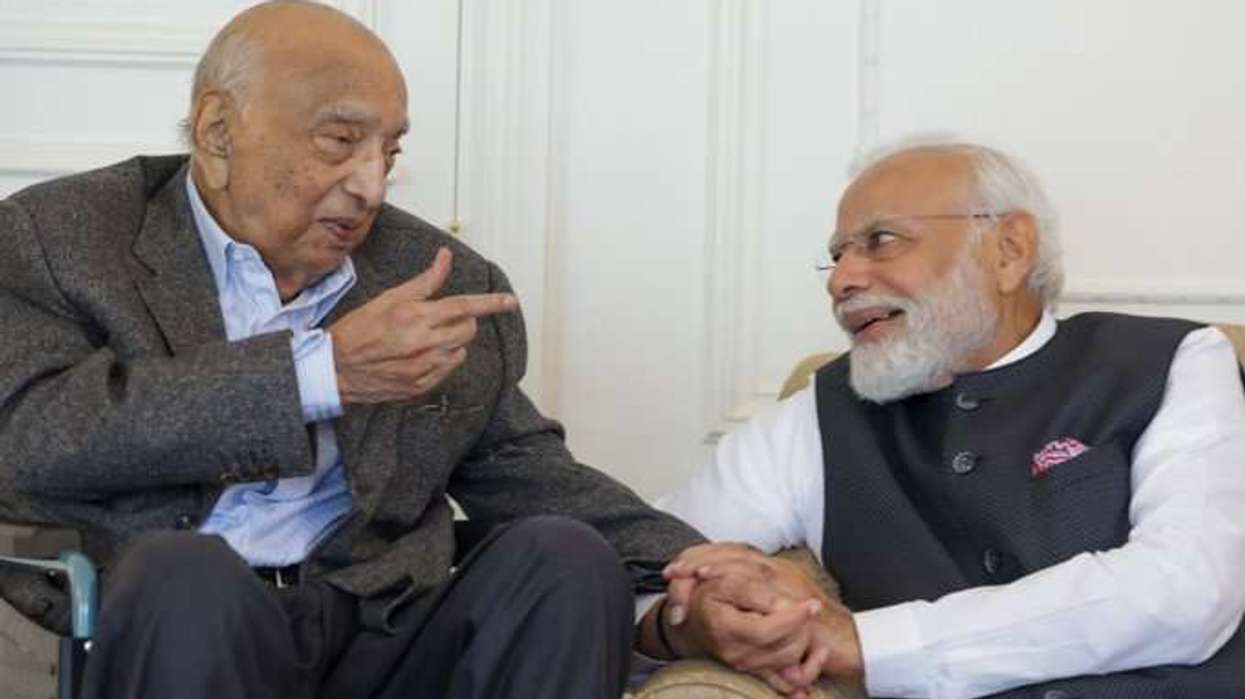UK is facing a summer that is twice as likely to be hotter than average, according to the latest seasonal forecast from the Met Office. The long-range outlook for June, July and August suggests an increased risk of mini heatwaves, in line with a wider trend of warmer and sunnier seasons in recent years.
The three-month forecast, primarily used by government planners and businesses, points to a 2.3 times greater chance of above-average temperatures this summer compared to normal. It follows what has been the UK’s sunniest and driest spring in over a century, with 630 hours of sunshine recorded since March. This marks a continuation of climate trends that have seen the UK’s summers become increasingly hot, bright, and in some cases, volatile.
On Saturday, 31 May, which marked the final day of meteorological spring, temperatures surged to unseasonable highs. Heathrow in west London recorded the highest temperature of the day at 26.7°C—around 8°C above the seasonal norm. Pollen levels were also reported to be very high, particularly in the south-east of England.
While the outlook does not offer a precise daily weather prediction, it does assess the likelihood of unusual weather events, such as heat waves or storms. Nicola Maxey, a Met Office spokesperson, clarified that the long-range forecast is “not produced as a public forecast for people to look at and work out whether we can have a barbecue in August or a garden party in July”.
She added that although global signals influencing UK weather are generally weak during this time of year, current indicators suggest a higher probability of above-average warmth. “This is not a guarantee of prolonged hot weather or heatwaves,” Maxey explained. “While we could see more hot days and warm nights than usual, we could also experience cooler spells and less extreme warmth.”
The Met Office attributes this outlook to a combination of factors, including ongoing global climate trends and localised weather patterns. Of particular concern is the ongoing marine heatwave in north-west European waters. Sea surface temperatures around the UK are currently 1.5°C to 2.5°C above the average for this time of year. Warmer seas tend to elevate air temperatures and increase moisture, which can enhance both heat and storm intensity.
Despite the greater likelihood of heat, rainfall and wind levels over the next three months are expected to remain near average. However, many water companies may be hoping for wetter conditions to offset water shortages. The Environment Agency has recently declared drought status for the north-west of England following the driest start to spring in 69 years. Several reservoirs in the region are currently at historically low levels for early June.
The outlook also highlights a broader shift in the UK’s climate. The Met Office’s State of the UK Climate report shows that summers are becoming not only warmer, but also wetter and sunnier. The number of extremely hot days has significantly increased: the annual number of “hot” days (28°C or more) has more than doubled, while “very hot” days (30°C or more) have more than tripled when comparing the 2014–2023 period with data from 1961–1990.
This warming trend has made extreme weather events more likely. The 2022 heatwave, during which temperatures in England exceeded 40°C for the first time, is a notable example. Such events are expected to become more frequent and intense as the effects of climate change continue to unfold.
Although the average summer temperature in the UK generally ranges from 10°C to 17°C, with the south-east typically experiencing the higher end of that spectrum, the upcoming summer may feature more days well above those averages. This would continue a pattern seen since 2015, which was the last time the UK experienced a notably cool summer.
With early June already experiencing above-normal temperatures and high pollen levels, attention will now turn to whether these early indicators develop into a broader pattern of sustained heat. While a prolonged heatwave cannot be confirmed at this stage, the increased likelihood of a hot summer suggests that short periods of intense heat—or mini heatwaves—are a realistic possibility.
In the meantime, the Met Office continues to urge caution in interpreting the long-range forecast too literally. The outlook offers probabilities, not certainties. As Nicola Maxey reminded, the aim is to support planning and risk assessment rather than offer definitive day-to-day weather predictions.





